BANT qualification - The essential checklist for all sales people.
- lukewalker03
- Mar 19
- 3 min read
The Importance of BANT Qualification in Sales
In the fast-paced world of sales, efficiency and effectiveness are paramount. One of the most powerful tools in a salesperson's arsenal is the BANT qualification framework. BANT stands for Budget, Authority, Need, and Timing, and it serves as a structured approach to evaluate potential leads. Understanding why BANT qualification is so important can significantly enhance your sales strategy and lead to better outcomes.
1. Streamlining the Sales Process
The BANT framework helps sales professionals streamline their process by focusing on the most promising leads. By assessing a lead's budget, authority, need, and timing, salespeople can quickly determine whether a prospect is worth pursuing. This prevents wasting time on leads that are unlikely to convert, allowing sales teams to allocate their resources more effectively.
2. Identifying High-Quality Leads
Not all leads are created equal. Some may show initial interest but lack the necessary budget or authority to make a purchase decision. BANT qualification helps in identifying high-quality leads who have the potential to become paying customers. By ensuring that a lead meets all four criteria, sales teams can prioritize their efforts on prospects who are more likely to close deals.
3. Enhancing Communication
Effective communication is crucial in sales. BANT qualification provides a clear framework for understanding a prospect's needs and constraints. When salespeople know a lead's budget, who the decision-makers are, the specific needs, and the timeline for making a decision, they can tailor their pitch accordingly. This personalized approach increases the chances of resonating with the prospect and moving them further down the sales funnel.
4. Reducing Sales Cycle Length
One of the biggest challenges in sales is the length of the sales cycle. Long sales cycles can be costly and frustrating. BANT qualification helps in reducing the sales cycle length by ensuring that sales efforts are focused on leads that are ready to make a decision. By addressing the timing aspect, salespeople can prioritize leads who are in a position to buy soon, thereby accelerating the sales process.
5. Building Stronger Relationships
Sales is not just about closing deals; it's about building relationships. BANT qualification allows salespeople to understand their prospects better, leading to more meaningful interactions. When a salesperson knows the budget constraints, the key decision-makers, the specific needs, and the timeline, they can offer solutions that genuinely address the prospect's pain points. This builds trust and fosters long-term relationships, which are essential for repeat business and referrals.
6. Improving Forecast Accuracy
Accurate sales forecasting is vital for business planning and strategy. BANT qualification contributes to better forecasting by providing a clear picture of which leads are likely to convert and when. This information helps sales managers predict revenue more accurately and make informed decisions about resource allocation and target setting.
7. Increasing Conversion Rates
Ultimately, the goal of any sales strategy is to increase conversion rates. BANT qualification directly impacts conversion rates by ensuring that sales efforts are focused on leads with the highest potential. By systematically evaluating each lead against the BANT criteria, sales teams can improve their chances of closing deals and achieving their targets.
Conclusion
BANT qualification is a critical component of a successful sales strategy. It streamlines the sales process, identifies high-quality leads, enhances communication, reduces sales cycle length, builds stronger relationships, improves forecast accuracy, and increases conversion rates. By adopting the BANT framework, sales professionals can work smarter, not harder, and achieve better results. In a competitive sales environment, leveraging BANT qualification can be the difference between success and failure.

Comments